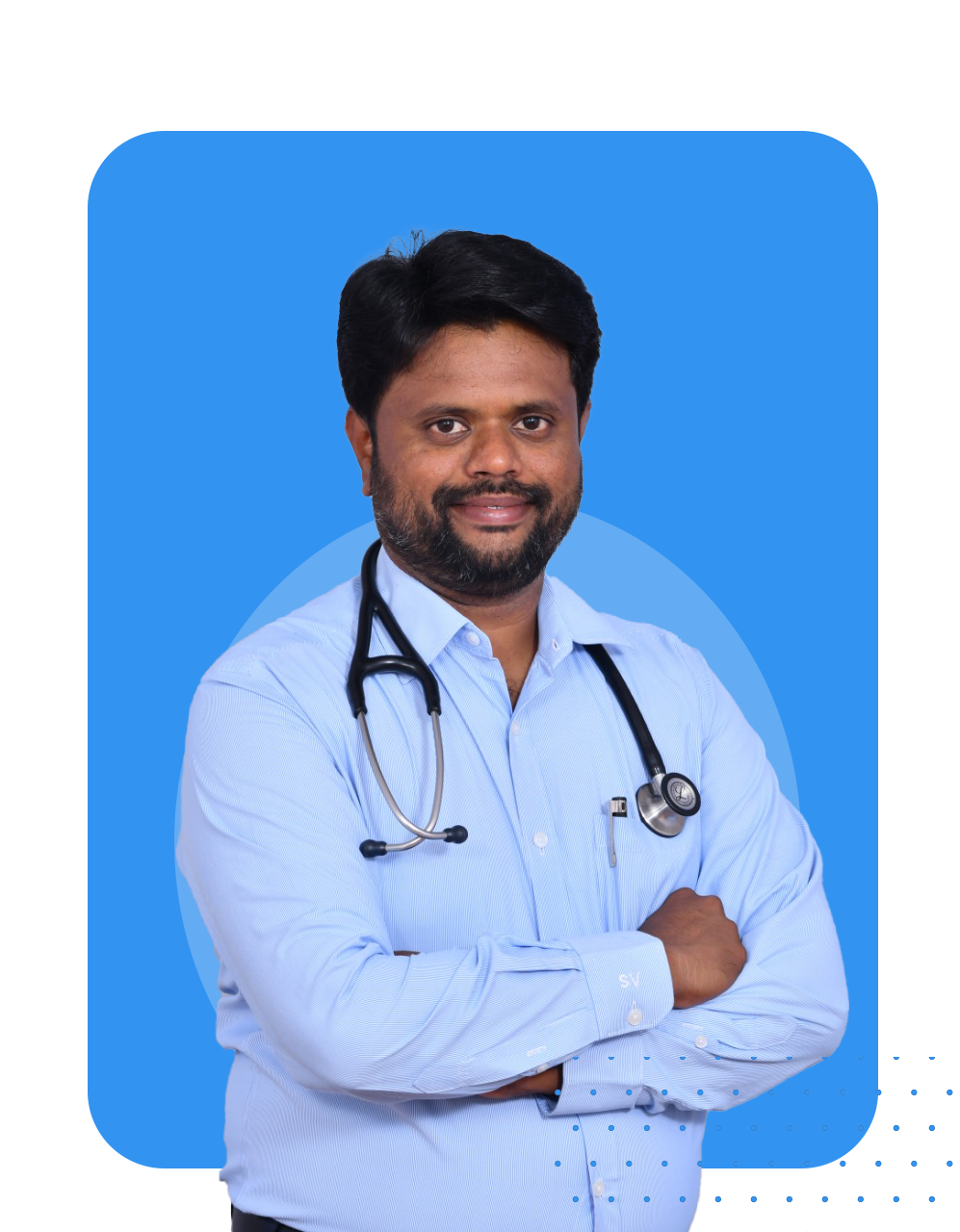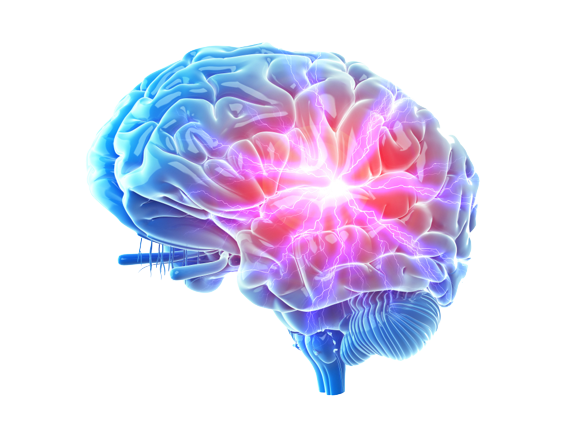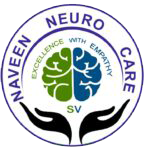Our Team





About Doctor
“Heal with compassion, treat with quality ''
Dr. S.V. Naveen Prasad started his career as a Senior Consultant Neurologist, Ex: Associate Professor, SVIMS, TIRUPATHI. Dr. S.V. Naveen Prasad is a Brain, Spine, Nerve and Musculoskeletal Medicine Specialists With 9 years of experience in Department of Neurology at Tirupati SVIMS Hospital now in our Kadapa town. Naveen Neuro Care Hospital is located in Kadapa. with state-of-the-art Modern facilities. Naveen Neuro Care Hospital works on its values of dedication, excellence, and compassion to live up to the vision of “Heal with compassion, treat with quality ” Naveen Neuro Care Hospital has 24 x 7 emergency unit facilities. We have an emergency response system placed for stroke scenarios.
Dr. S.V. Naveen Prasad
MD DM (Neurology)
FAQ
Most Popular Questions
Naveen Neuro Care Hospital works on its values of dedication, excellence, and compassion to live up to the vision of “Heal with compassion, treat with quality “
Neurologists treat disorders of the nervous system, brain, spinal cord, nerves and muscles.
A neurosurgeon also treats disorders of the nervous system, brain, spinal cord, nerves and muscles, using surgical techniques in conjunction with non-surgical practices.
Neurological disorders are diseases of the brain, spine and nerves; there are more than 600 diseases of the nervous system, such as brain tumors, epilepsy, Alzheimer’s disease, Parkinson's disease and stroke.
The treatment is different for each condition. To discover the appropriate treatment options, neurologists will perform and interpret tests of your brain and nervous system.
Your neurologist will review your patient health history, paying special attention to the condition that you are currently experiencing. Then you will have an examination, which typically tests your vision, strength, coordination, memory, reasoning and puzzle-solving abilities, reflexes and ability to feel physical objects, smell odors and hear sounds. The results of your test will help your neurologist determine if your problem stems from the brain or nervous system. You may need further tests to confirm a diagnosis or determine which treatment is best for you.
When it comes to a stroke, the best way to determine whether someone is having one is to think F.A.S.T.
The best way to treat a stroke is to avoid it in the first place. High blood pressure is a leading cause of stroke, so we would treat hypertension with medications and possibly with anticoagulants if we discovered a patient had a problem with blood clots. Lifestyle changes are important to prevent a stroke; stopping smoking, eating a healthy diet, getting enough exercise and proper sleep and eliminating stress can all contribute to avoiding stroke.
For example, in the case of atherosclerosis (hardening of the arteries), our neurosurgeons will take images of your brain and review them and possibly perform an angiogram (blood flow measurement with imaging) to determine which arteries in your brain are narrowed or blocked and may need surgical intervention. They may choose to recommend an angioplasty (vein enlargement) with a stent (inserting a mesh tube to keep the vein expanded) or bypass surgery to graft a new vein to provide flow around a blocked artery. You would normally be able to leave the hospital within a day or two.
A migraine is often a disabling and recurring headache that frequently occurs only on one side of the head. You may experience pulsing or throbbing sensations in one area of your head, as well as nausea, vomiting and sensitivity to light or sound. A tension headache is a mild, dull pressure without other symptoms. A cluster headache can deliver a severe, “stabbing” pain behind one eye and may be accompanied by congestion in your sinuses.
